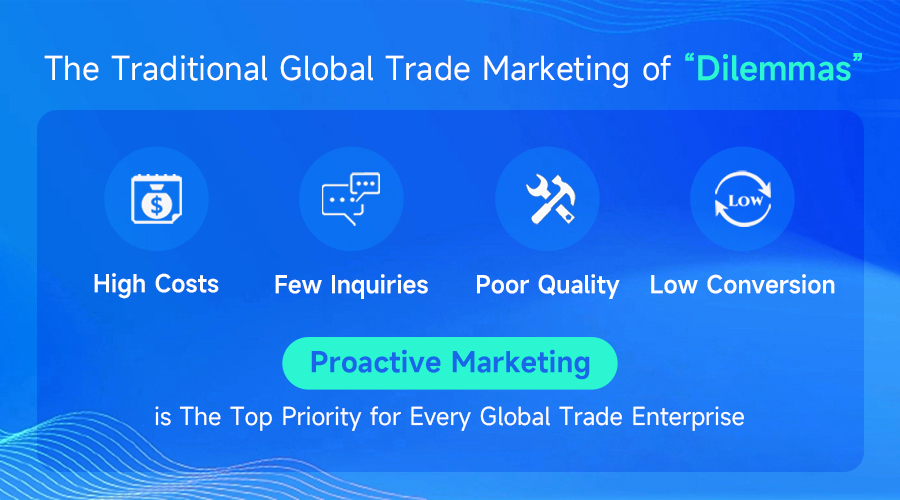 Trade Trends News
Trade Trends News
 13-06-2024
13-06-2024
India, as one of the fastest-growing economies in the world, plays a significant role in global trade. The country's diverse range of export and import products highlights its economic versatility and strategic trade relationships. Here, we explore the top ten export and import products of India, reflecting its economic priorities and strengths.

Top 10 Export Products of India
Petroleum Products:
India refines crude oil and exports a variety of petroleum products, including diesel, gasoline, and naphtha. This sector is a major revenue generator due to the high global demand for energy.
Gems and Jewelry:
India is a global hub for diamond cutting and polishing. The export of diamonds, gold jewelry, and other precious stones is a key contributor to the country's export earnings.
Pharmaceuticals:
Known as the "pharmacy of the world," India exports a significant volume of generic medicines, active pharmaceutical ingredients (APIs), and vaccines to countries worldwide.
Automobiles:
India exports a range of vehicles, including cars, motorcycles, and commercial vehicles. Brands like Tata Motors, Mahindra, and Bajaj are notable exporters in this category.
Textiles and Garments:
India is one of the largest producers and exporters of textiles and apparel. Cotton, silk, and synthetic fabrics, along with ready-made garments, are major export items.
Agricultural Products:
Key exports include rice, spices (such as turmeric and cardamom), tea, and coffee. India's diverse climate allows it to produce a wide variety of agricultural products for export.
Engineering Goods:
This category includes industrial machinery, auto components, and other engineering products. India's engineering exports are driven by its robust manufacturing capabilities.
Chemicals:
India exports a wide range of chemicals, including organic and inorganic chemicals, dyes, and agrochemicals. This sector benefits from the country’s large chemical industry.
Leather Goods:
India exports a variety of leather products, including footwear, accessories, and finished leather. The leather industry is one of the oldest in the country.
Electronic Goods:
Although not as dominant as other sectors, India exports electronic components and devices, including consumer electronics and telecommunications equipment.
Top 10 Import Products of India
Crude Oil:
India is heavily dependent on crude oil imports to meet its energy needs. The majority of crude oil is sourced from the Middle East.
Gold:
India imports large quantities of gold, primarily for jewelry manufacturing. The country is one of the largest consumers of gold in the world.
Electronics:
Electronic items, including smartphones, computers, and components, constitute a significant portion of India’s imports. The demand for technology products drives this sector.
Machinery:
Industrial machinery, including manufacturing equipment and machine tools, is a major import category. This supports India's growing industrial and infrastructure sectors.
Precious Stones:
In addition to gold, India imports diamonds and other precious stones for its thriving jewelry industry.
Chemicals:
India imports various chemicals, including specialty chemicals and pharmaceuticals, to support its industrial and health sectors.
Coal:
Despite having substantial coal reserves, India imports high-quality coal to meet the needs of its power and steel industries.
Plastic and Plastic Articles:
The country imports various plastic products and raw materials to support its manufacturing sector.
Vegetable Oils:
India is a major importer of edible oils, including palm oil and soybean oil, to meet the demands of its large population.
Iron and Steel:
To support its construction and infrastructure projects, India imports iron and steel, despite having a significant domestic production capacity.
Conclusion
India's trade landscape is characterized by a rich variety of export and import products of India. The export sector is led by petroleum products, gems, and pharmaceuticals, reflecting India's industrial strengths and competitive advantages. On the import side, crude oil, gold, and electronics dominate, highlighting the country's energy needs and consumer demand. Understanding these trade dynamics is crucial for businesses, policymakers, and researchers as they navigate the complexities of global trade and India's pivotal role in it.
What can Tendata customs data help enterprises with?
1. Market Analysis
- Market Trends Analysis: Tendata's customs data helps businesses analyze market trends, understand the import and export volumes and growth trends of specific products or industries, and monitor changes in various country markets. Based on Tendata's market analysis, businesses can more accurately select target markets, including considering markets with large import and export trade volumes, rapidly growing demand, and understanding information about potential trading and cooperation partners.
- Product Analysis: By gaining insight into the performance of different products in international markets, businesses can optimize product positioning. Tendata's customs data also provides information on competitors' import and export activities, helping to develop more competitive strategies.
- Competitor Analysis: Using Tendata, businesses can analyze competitors, staying updated on their trade dynamics, import and export prices, trade volumes, etc., enabling rapid adjustments to market strategies.
>> Learn More About Tendata <<

2. Customer Development
- Customer Profiles: Tendata's customs data provides access to customers' import and export records, helping businesses understand their purchasing behavior, including the types of products purchased, quantities, frequencies, etc. This assists in forming customer profiles, allowing businesses to better understand customer needs and preferences. By analyzing customers' trading partners, businesses can understand the supply chain networks in which customers operate, thus gaining insights into their business environment and potential cooperation opportunities.
- Customer Background Checks: Tendata's customs data includes customers' trade history and payment records, facilitating credit assessments. By understanding customers' payment credibility, businesses can prudently select partners, reducing transaction risks. Through customs data, businesses can check whether customers' trading activities comply with relevant regulations and compliance standards, ensuring that cooperation with customers is based on legal and regulatory compliance.
- Lead Generation: By analyzing Tendata's customs data, businesses can directly obtain customer contact information and proactively reach out to foreign trade customers via email, LinkedIn, phone, other social media platforms, etc., for direct marketing and lead generation!
>> Get a Free Demo Now <<

Category
Leave Message for Demo Request or Questions


 T-info
T-info T-discovery
T-discovery

 My
Tendata
My
Tendata Market Analysis
Market Analysis Customer
Development
Customer
Development Competitor
Monitoring
Competitor
Monitoring Customer Relationship
Customer Relationship





































































































































